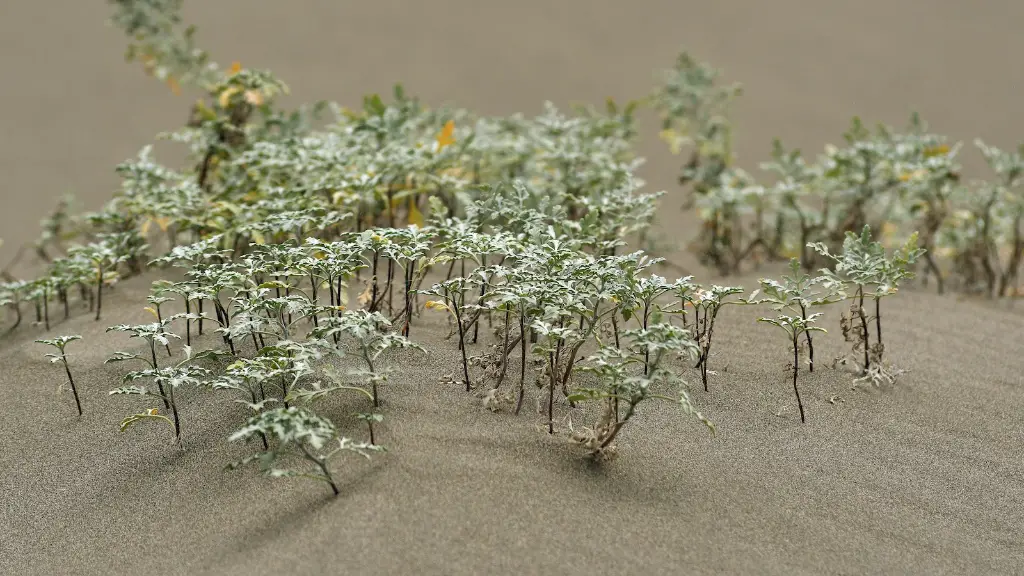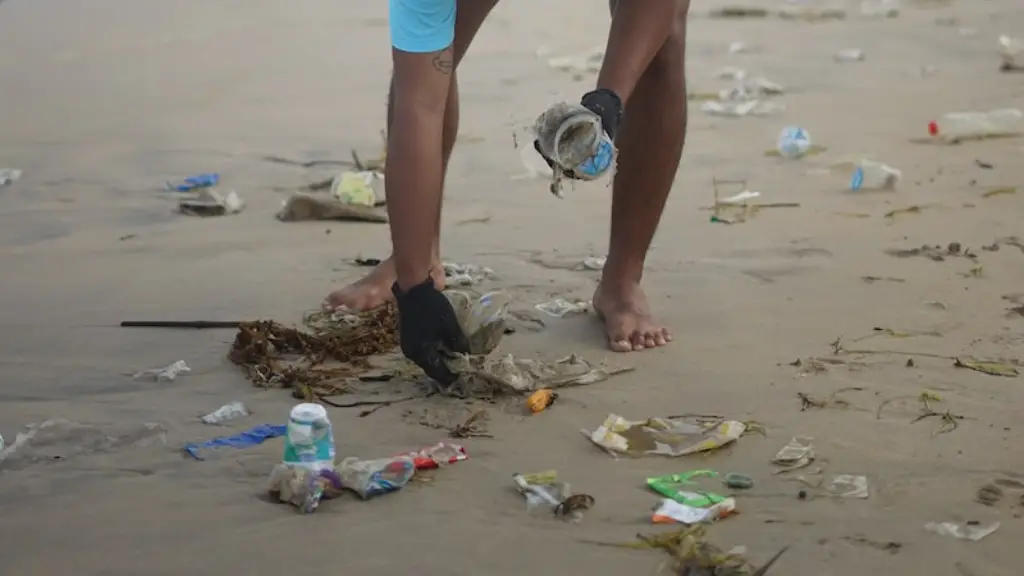The debate over whether global warming and pollution are the same continues to rage. After all, not only are both environmental problems and both have the potential to affect human life in a variety of ways. On the one hand, members of the public and government officials tend to use the terms interchangeably, causing some degree of confusion. On the other hand, scientific evidence suggests that while the two issues are indeed related, they are categorically distinct. To better understand what the relationship between global warming and pollution is and how they both impact our lives, let’s explore their definitions, effects and solutions.
According to National Geographic, “Global warming is the long-term rise in Earth’s average temperature due to an increase in the concentrations of greenhouse gases in the atmosphere, from human activities and other sources”. Pollution, on the other hand, is defined as the “introduction of contaminants into a natural environment” which “can generate a variety of negative consequences”, chiefly “the depletion of important air and water resources”. To sum up, global warming is the byproduct of human activities contributing to primarily climate change, while pollution is an environmental damage caused by those same activities.
The connection between both issues is easy to grasp. As greenhouse gases accumulate in the atmosphere, the sun’s radiation is trapped, elevating temperatures and causing extreme weather, alongside desertification, rising sea levels and other adverse effects. Those conditions are precisely why air, water, soil and the animals that inhabit them are polluted in the first place. Additionally, human emissions of toxic particulate matter and other pollutants have only seemed to worsen in recent years following the industrial revolution. Thus, global warming and pollution both originate from the same catalyst, human activity.
As for the non-environmental implications of global warming and pollution, both are as equally impactful on society. In terms of public health, air pollution causes a variety of conditions, from allergies and respiratory-related illnesses to stroke and heart disease, which eventually can lead to premature death. When it comes to global warming, it affects agriculture, for example by droughts, floods, heat stress, and soil salinization, increasing food prices and the prevalence of undernourishment. Financially, pollution plays a role in not only medical costs, but also lost wages due to decreased productivity of workers affected by air pollution, while global warming is estimated to result in a whopping $54 trillion loss through the end of the century.
In efforts to tackle both global warming and pollution there are some proposed solutions. Actions such as reducing carbon emissions and transitioning to renewable energy sources have been implemented in multiple countries, though actual enforcement and effectiveness are subjective topics. On the other hand, individuals can and should take part in activities such as car-pooling and transport alternatives and investing in energy-efficient appliances, decrease their reliance on plastic, among others. The bottom line is that while global warming and pollution are inextricably linked, the distinction between them must be drawn in order to better grasp their individual effects, as well as potential solutions.
In conclusion, global warming and pollution can be understood as two faces of the same coin. While the former is an outcome of the latter, both cause adverse effects on the environment, public health and the economy. As such, nations and individuals alike should take corrective measures geared towards curbing the repercussions of both, if mankind is to survive the impacts of human activities.

